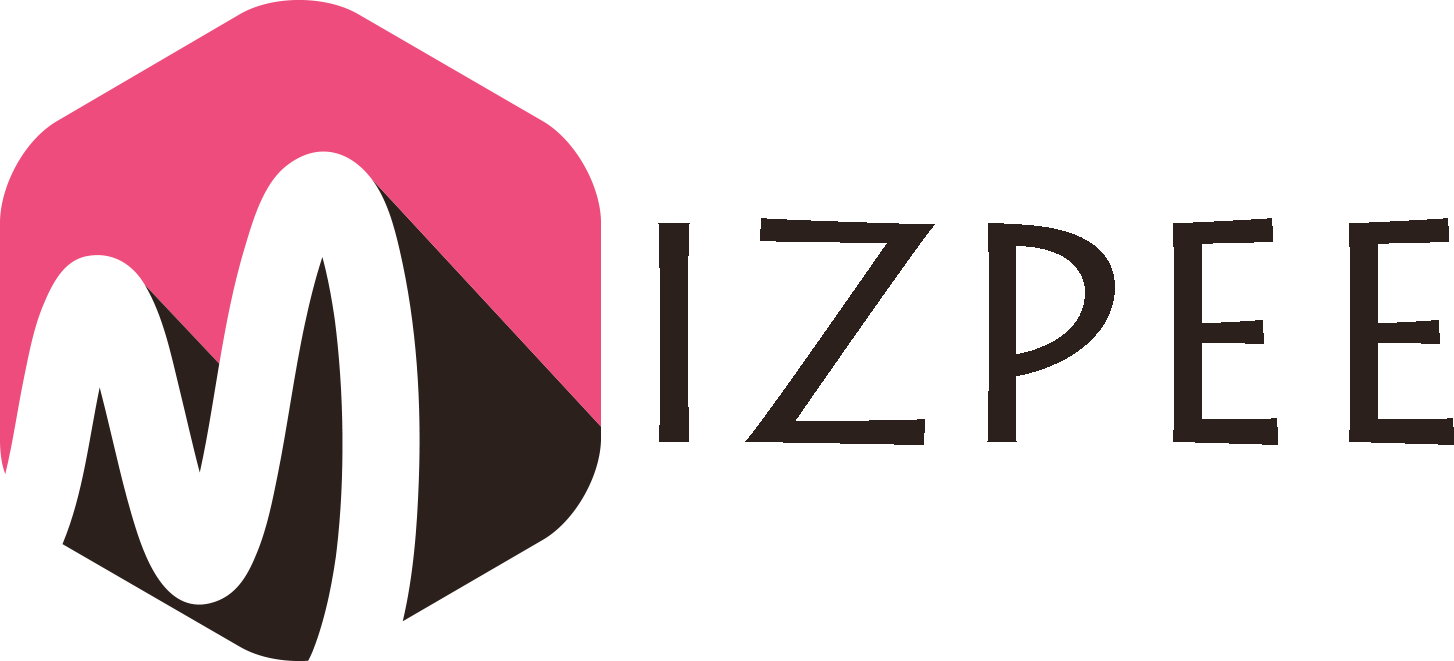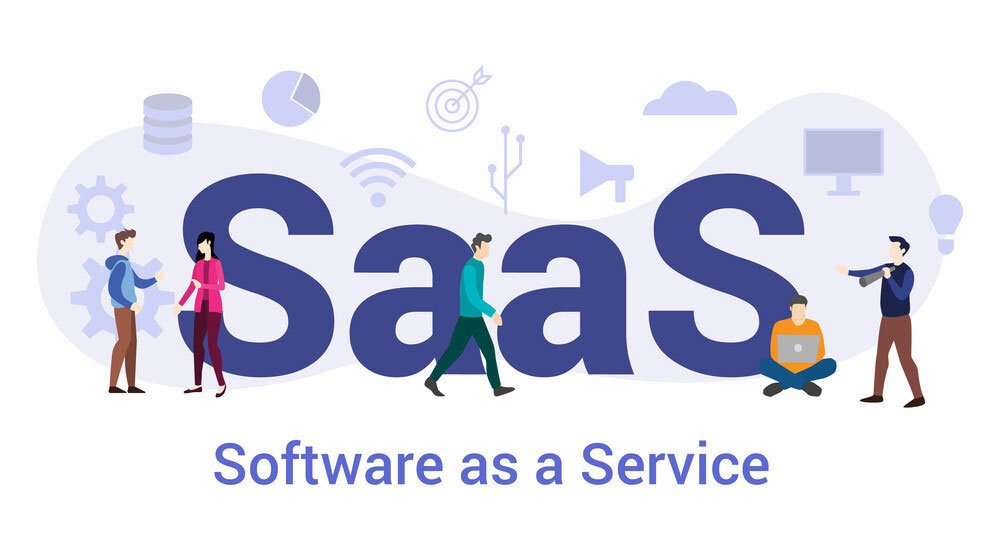Software-as-a-Service is precisely what the name says, software that provides a service. Many industries are now transforming their on-premise software into software as a service. Several SaaS have, therefore, been developed in this manner to fulfill functions of varied nature.
However, gathering and consuming the correct information is crucial, especially if you are looking for the right solution to your business needs. If you are looking for a page about SaaS from creatio, we have prepared this article to highlight some of the frequently asked questions about the SaaS version of strategy.
#1. What Is Saas?
SaaS is a web-based software model. As a result, any service contractor using the software can access it from any device that has an internet connection.
SaaS is majorly different from traditional software in terms of its delivery strategy. For SaaS, organizations hire and pay for the monthly services they get from software. In contrast, in the traditional method, organizations buy a permanent license for software and install it on their computers to use it.
Therefore, the SaaS methodology is a web-based strategy where software vendors host and maintain servers, databases, and even the code making up the app.
SaaS is therefore different from traditional on-premise software delivery in the following ways:
- Extensive hardware not required
- SaaS systems are subscription-based, while conventional software requires that you buy a perpetual license
#2. What Is The Difference Between SaaS And Cloud Computing?
Cloud is a collection of computers, databases, and servers systematically connected such that users have clear access to share their use. Also, the term cloud can mean any form of infrastructure technology hosted remotely and delivered through the internet.
Although all the cloud programs are delivered by underlying software, SaaS is specifically a commercial software application that is run via the cloud.
#3. Who Owns My Data?
This is equally a fear among organizations looking forward to SaaS as a strategy for business. It is, therefore, a key element every company should pay attention to when negotiating service level agreements (SLA) with the SaaS provider.
The agreement helps you set up data ownership, reliability standards, maintenance schedules, and security requirements. Therefore, as a buyer, you should make sure that a clause in the SLA clearly states that they are the owners. Besides, most SaaS vendors will allow you to export data and back it up locally.
#4. Is My Data Secure?
This question seems to complement the previous one based on the same fear of data ownership and safety.
Data security especially becomes a big issue when you need to have your data managed by someone else. Consider that this data may be so critical, especially data for large corporations. However, many businesses are currently overcoming the insecurity issue as many SaaS vendors can invest in backups, maintenance, and security.
As a result, there are usually more security measures on the SaaS than any local system. Besides, SaaS vendors majorly undergo audit security audits to test the level of security of their data centers. This makes your data secure.
#5. What If My SaaS Provider Goes Out Of Business?
As we mentioned already, SaaS is a business, and the data is yours. Largely, SaaS providers prepay their data center hosting companies to protect them and ensure that the data remains accessible if the vendor faces a challenge.
It is, therefore, more essential to state in your SLA that you can export data from the provider, also known as the standard practice. The clause should also state clearly the frequency of access to data and the formats in which you can access this data.
#6. Can I Customize SaaS?
It is becoming increasingly easier to customize SaaS systems to match the contracting company. Some of the features that can be customizable with SaaS include logos and images, among others.
It is, therefore, a significant advantage over the traditional model. The capabilities, however, depend on both the vendor and the application.
#7. Are There Some Limitations Of The Operating System?
SaaS largely depends on the internet connection, and this is a disadvantage. However, there is no need to worry about what system is supported as most SaaS companies support multiple web browsers.
On the other hand, traditional software is subject to other challenges such as hardware failure, power outages, and several maintenances and upgrade.


